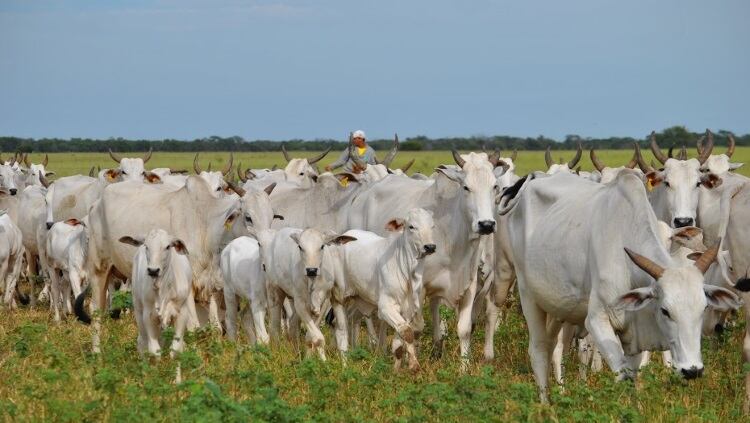The deal will see the businesses create two production concepts – Carbon Neutral Beef and Low Carbon Brazilian Beef – which will allow them to certify beef using a system that neutralises carbon emissions from the processor’s animals.
Carbon Neutral Beef is produced using integrated systems combined with planted trees, which are responsible for sequestering carbon and neutralising the methane emissions from grass-fed animals.
Low Carbon Brazilian beef is produced using integrated systems with pastures without the presence of trees, but with pasture management that fixes carbon in the soil, enabling the system to reduce or mitigate animal emissions.
The businesses believe products under the program will reach the market by 2019.
Marfrig said the initiative aimed to strengthen the local beef market, as well as beef exports, by differentiating Brazilian beef in negotiations on non-tariff barriers related to sustainability issues.
“Through this partnership with Embrapa, Marfrig is reinforcing its strategic pillar of sustainability, by encouraging sustainable production and offering consumers beef with a guarantee of origin and lower greenhouse gas emissions,” said Martín Secco, CEO of Marfrig Global Foods.
According to Embrapa, the country’s pasture area has decreased by 12%, while meat productivity has grown by 229% from 1990 to 2015.
“We are making headway in certified sustainable production systems with a high level of animal welfare, which translates into a new leap forward in the quality of beef production,” said researcher Fabiana Villa Alves, from Embrapa Beef Cattle in Campo Grande, Mato Grosso do Sul.
“Concept brands contribute directly to increasing the value of products from Brazilian agricultural and livestock producers.”
Marfrig joins other Brazilian businesses, including Carrefour Brasil, aiming to boost sustainable animal production. The retailer’s Brazilian unit recently invested funds to protect the Amazon rainforest by increasing sustainable calf production by 2020.

